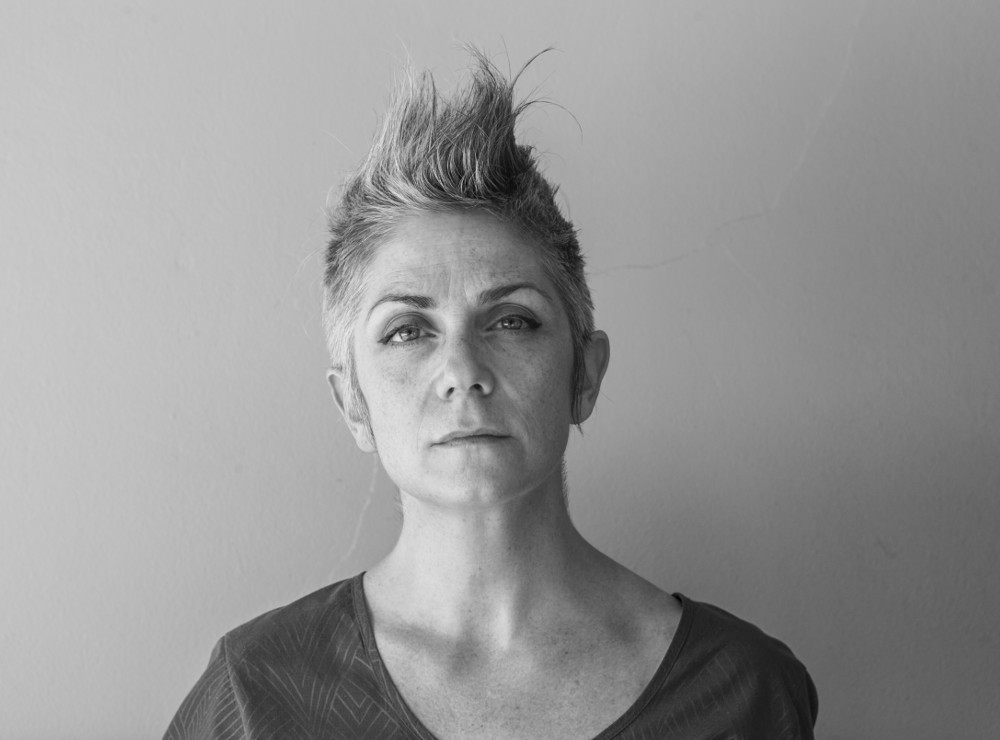About
Denise Mina grew up in London, Paris, Amsterdam, Glasgow and Bergen. She left school at sixteen to pursue a career as an incompetent waitress but went back to study law and a PhD.
She is the author of thirteen novels, six graphic novels, three plays, two films and a pint and a half of short stories. She has won a number of UK and international literary prizes and has been nominated for others that she didn’t win. She also makes short films and regularly contributes to La Liberation, the NYT, the Guardian, BBC radio and television.
Her latest book is The Long Drop.
Multum In Parvo (Latin saying: 'Much in Little') from denise mina on Vimeo.
Visit websiteREQUEST AN INTRODUCTION
Bibliography
The Long Drop, 2017, Harvill Secker
Blood Salt Water, 2015, Orion
The Red Road, 2013, Orion
The Girl who Played with Fire, 2013, Vertigo/DC Comics
The Girl Who Kicked the Hornet's Nest, 2012, Vertigo/DC Comics
Gods and Beasts, 2012, Orion
The Girl With The Dragon Tattoo, 2011, Vertigo/DC Comics
The End of the Wasp Season, 2011, Orion
A Sickness in The Family, Vertigo/DC Comics
Still Midnight, 2009, Orion
The Last Breath, 2006, Transworld
The Red Right Hand, Vertigo/DC Comics
Empathy is the Enemy, Vertigo/DC Comics
The Dead Hour, 2005, Transworld
The Field of Blood, 2004, Transworld
Sanctum, 2002, Transworld
Resolution, 2001, Transworld
Exile, 2000, Transworld
Garnethill, 1998, Transworld





